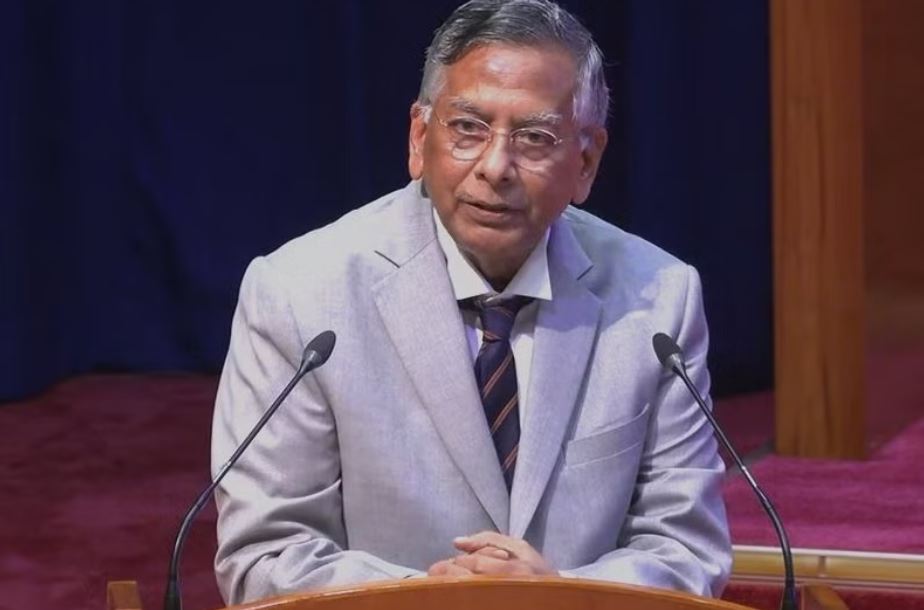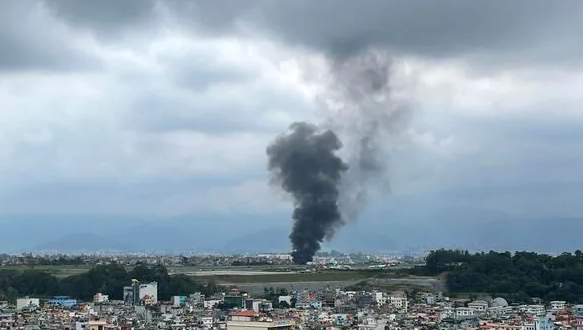Supreme Court’s Article 370 Case: Live Updates from Day 10 Proceedings
The ongoing hearings in the Supreme Court of India regarding the Article 370 case continue to unfold. A constitutional bench comprising Chief Justice of India DY Chandrachud and Justices Sanjay Kishan Kaul, Sanjiv Khanna, BR Gavai, and Surya Kant is presiding over the matter.
At the core of the proceedings lies a batch of petitions challenging the abrogation of Article 370 of the Constitution, which granted special status to the erstwhile State of Jammu and Kashmir. Over 20 petitions are pending before the court, contesting the Central government’s decision to revoke Article 370 in 2019, leading to the transformation of Jammu and Kashmir into two Union Territories.
The hearings have delved into various legal and constitutional aspects. The court began its final deliberations on August 2, with initial discussions exploring whether the framers of the Constitution and Article 370 envisioned the provision as temporary or permanent.

Key points from today’s hearing include:
– Attorney General R Venkataramani presented his arguments, focusing on the preservation of the Constitution and the principles guiding the abrogation of Article 370. He compared the situation to amputating a limb to save a life, emphasizing the importance of constitutional processes and due process.
– Solicitor General Tushar Mehta highlighted the historical significance of the case, discussing how the abrogation of Article 370 ended psychological duality in Jammu and Kashmir. He stressed that the region’s integration with the rest of India was not conditional but complete.
– Mehta further argued that the perception that Jammu and Kashmir enjoyed special status from the outset is incorrect. He discussed the drafting of the instrument of accession and emphasized that the states voluntarily acceded to India’s sovereignty.
– The bench engaged in discussions about the role of the instrument of accession and its variations among princely states. The Chief Justice emphasized the importance of understanding the historical context and the role of accession in India’s federal structure.
Please note that the provided updates are based on the live proceedings and are subject to the court’s ongoing deliberations.
Stay tuned for further developments in this significant legal case.


